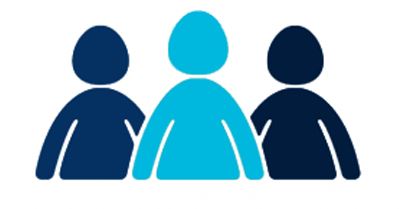Religious Studies: Philosophy and Ethics
As the philosopher Plato said 'Philosophy has no other starting point than the experience of wonder.' Our Philosophy course seeks to empower and aid learners with their search for meaning, purpose and truth. Students value the opportunity for personal growth, debate and to develop their own perspective on life in an academically challenging context. This course explores deep philosophical questions and controversial ethical issues. This course encourages students to ask critical questions, criticise answers and importantly use independent thought in a way that is valued highly by employers and universities. Philosophy and Ethics students find that their study impacts their lives in deep, meaningful and increasingly relevant ways.
Possible Career Paths:
- Academia, Research, and Education
- Law and Legal Services
- Psychology, Counselling, and Therapy
- Politics, Government, and Civil Service
- Business, Management, and Corporate Ethics
- Media, Journalism, and Communication
- Healthcare and Bioethics
- Charity, NGO, and Human Rights Work
- Technology and AI Ethics
- Ministry and Faith-Based Roles
This course explores three major areas of human thought: philosophy, ethics and religion
In Year 12 Ethics we focus our study on influential thinkers and ethical theories before applying them to world issues like euthanasia and business ethics. For example, we discuss the wider implications of euthanasia and whether it leads us down a slippery slope? In Philosophy we pose the argument that evil disproves God and whether our experience of the world is a true reality? We seek to give students a comprehensive knowledge of key ancient philosophers such as Plato all the way up until modern day thinkers like Žižek.
The Year 13 course uses these ideas and extends them into several new areas, including applying ethical theories to questions and issues in sexual ethics. Students explore the arguments and work of Nietzsche and Dawkins and the attack of atheism on religion. We also evaluate the ideas of the liberation theologians who attempt a combination of Marxism and Christianity as well as the feminist philosophy of de Beauvoir. Students will answer the question posed by Mary Daly as to whether one can be feminist and Christian or whether institutional religion is inherently patriarchal and that we must go “beyond God.”
Assessment Information
3 exams will take place at the end of year 13. In each of these students will write 3 essays on a choice of topics. Students will develop a mastery of the essay writing skill and techniques required for them to reach the highest marks possible. Students value that they only have one assessment style to learn and become expert in.






